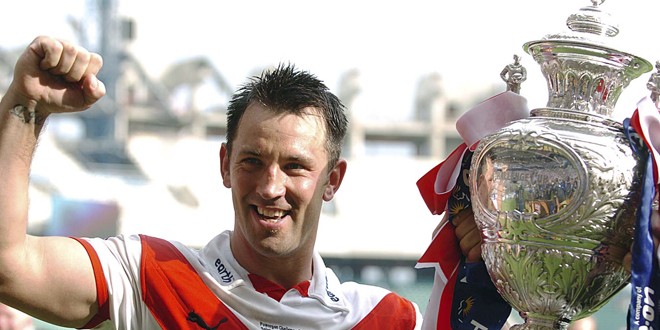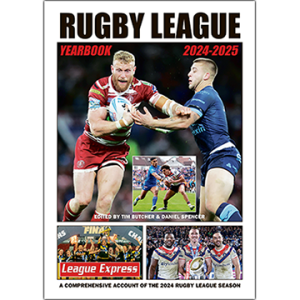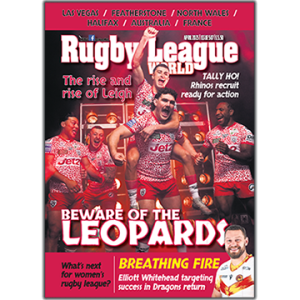 The greatest players in the sport’s long and proud history will take centre stage on October 22 when RL Cares hosts the 2024 Rugby League Hall of Fame induction dinner.
NO-ONE knows the precise number of people who have played rugby league in the UK since the sport was established in the aftermath of a momentous meeting in a small West Yorkshi
The greatest players in the sport’s long and proud history will take centre stage on October 22 when RL Cares hosts the 2024 Rugby League Hall of Fame induction dinner.
NO-ONE knows the precise number of people who have played rugby league in the UK since the sport was established in the aftermath of a momentous meeting in a small West Yorkshi The six new players in the Rugby League Hall of Fame profiled
 The greatest players in the sport’s long and proud history will take centre stage on October 22 when RL Cares hosts the 2024 Rugby League Hall of Fame induction dinner.
NO-ONE knows the precise number of people who have played rugby league in the UK since the sport was established in the aftermath of a momentous meeting in a small West Yorkshi
The greatest players in the sport’s long and proud history will take centre stage on October 22 when RL Cares hosts the 2024 Rugby League Hall of Fame induction dinner.
NO-ONE knows the precise number of people who have played rugby league in the UK since the sport was established in the aftermath of a momentous meeting in a small West Yorkshi 



